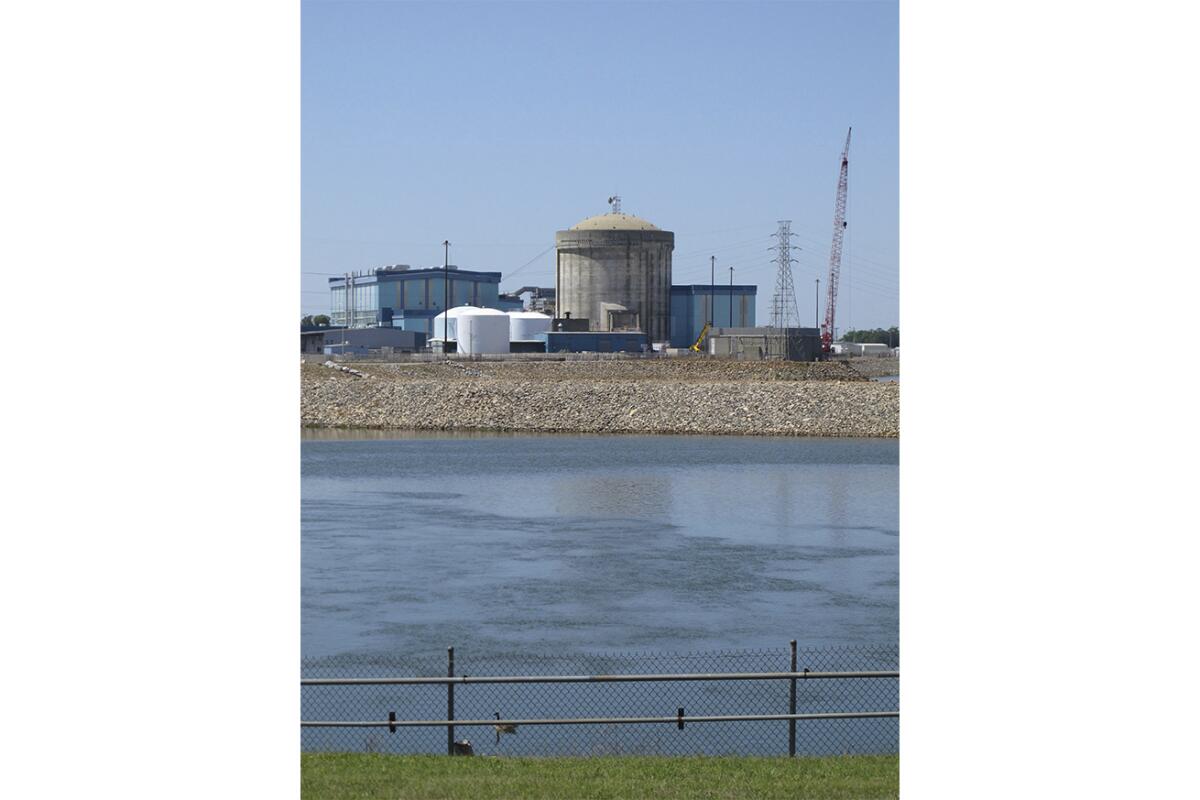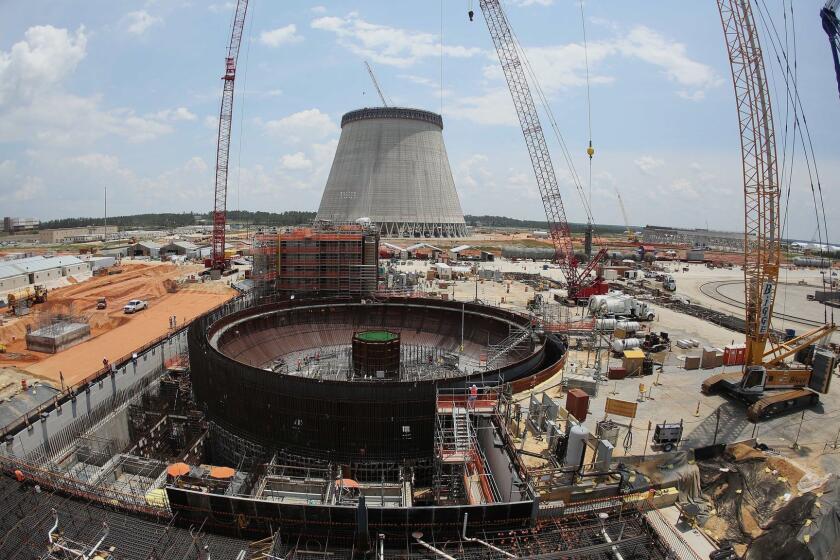South Carolina nuclear plant gets warning over another cracked emergency fuel pipe

JENKINSVILLE, S.C. — Federal officials have issued a warning about a substantial safety violation at a South Carolina nuclear plant after cracks were discovered again in a backup emergency fuel line.
Small cracks have been found a half-dozen times in the last 20 years in pipes that carry fuel to emergency generators that provide cooling water for a reactor if electricity fails at the V.C. Summer plant near Columbia, according to the U.S. Nuclear Regulatory Commission.
The agency issued what it calls a preliminary “yellow” warning to plant owner Dominion Energy last week.
It is the second most serious category and only seven similar warnings have been issued across the country since 2009, nuclear power expert David Lochbaum told the State newspaper after reviewing records from federal regulators.
The Savannah River Plant in South Carolina, a large federal complex that produces fuel for the nation’s nuclear weapons, has experienced numerous reactor accidents that have been kept secret for as long as 31 years, two congressional committees disclosed Friday.
The commission’s ruling is not final and Dominion will have a chance to explain what happened, utility spokesman Darryl Huger told the paper in an email.
Dominion has already started to put in place a plan to improve the reliability of the backup system, Huger said.
A crack first appeared on a diesel fuel pipe in 2003, and similar pipes have had other cracks since then.
During a 24-hour test of the system in November, a small diesel fuel leak grew larger, according to NRC records.
The agency issued the preliminary yellow warning because of the repeated problems.
The nuclear energy industry has had a bad couple of weeks.
Virginia-based Dominion hasn’t been the only owner of the plant. SCANA Corp. built and started the plant in 1984. The South Carolina company had plans to build two more reactors, but billions of dollars of cost overruns forced it to abandon the project in 2017 and sell to Dominion.
Dominion has recently requested to renew the license for the nuclear plant for an additional 40 years.
Longtime nuclear safety advocate Tom Clements told the newspaper that the pipe problems should mean a lot more scrutiny by regulators.
“This incident serves as a wake-up call to fully analyze all such systems prior to a license-renewal determination,’’ Clements said in an email.
More to Read
Sign up for Essential California
The most important California stories and recommendations in your inbox every morning.
You may occasionally receive promotional content from the Los Angeles Times.










